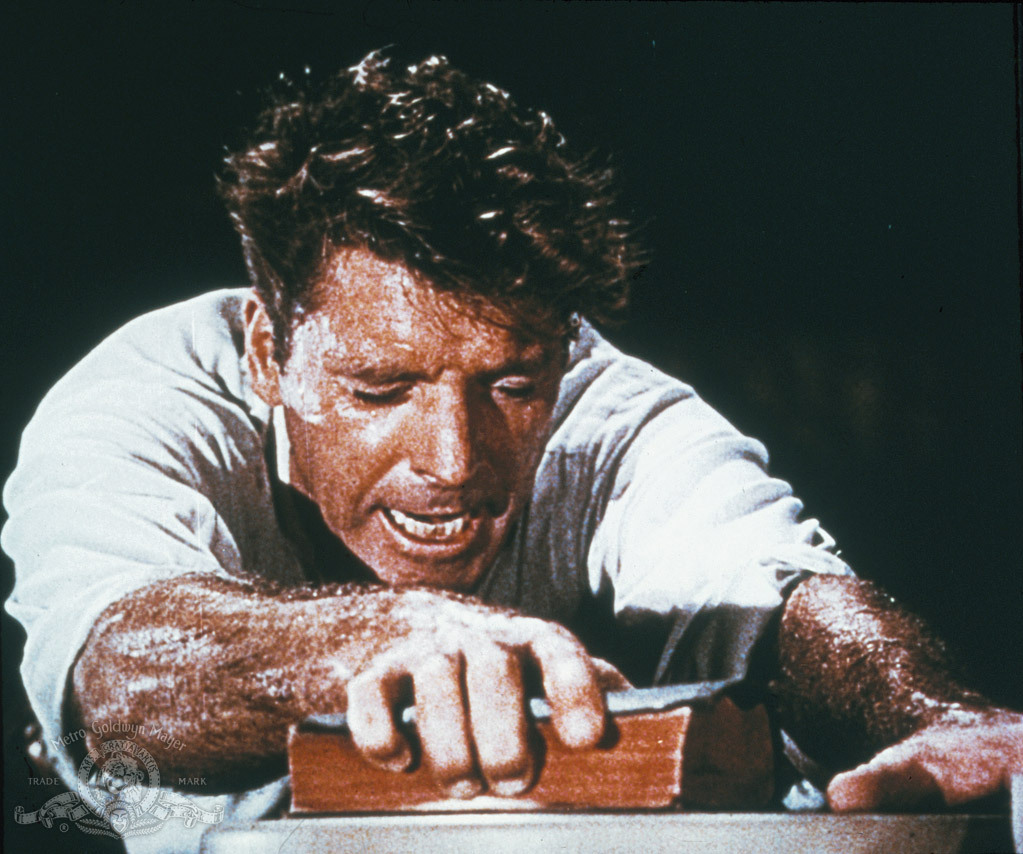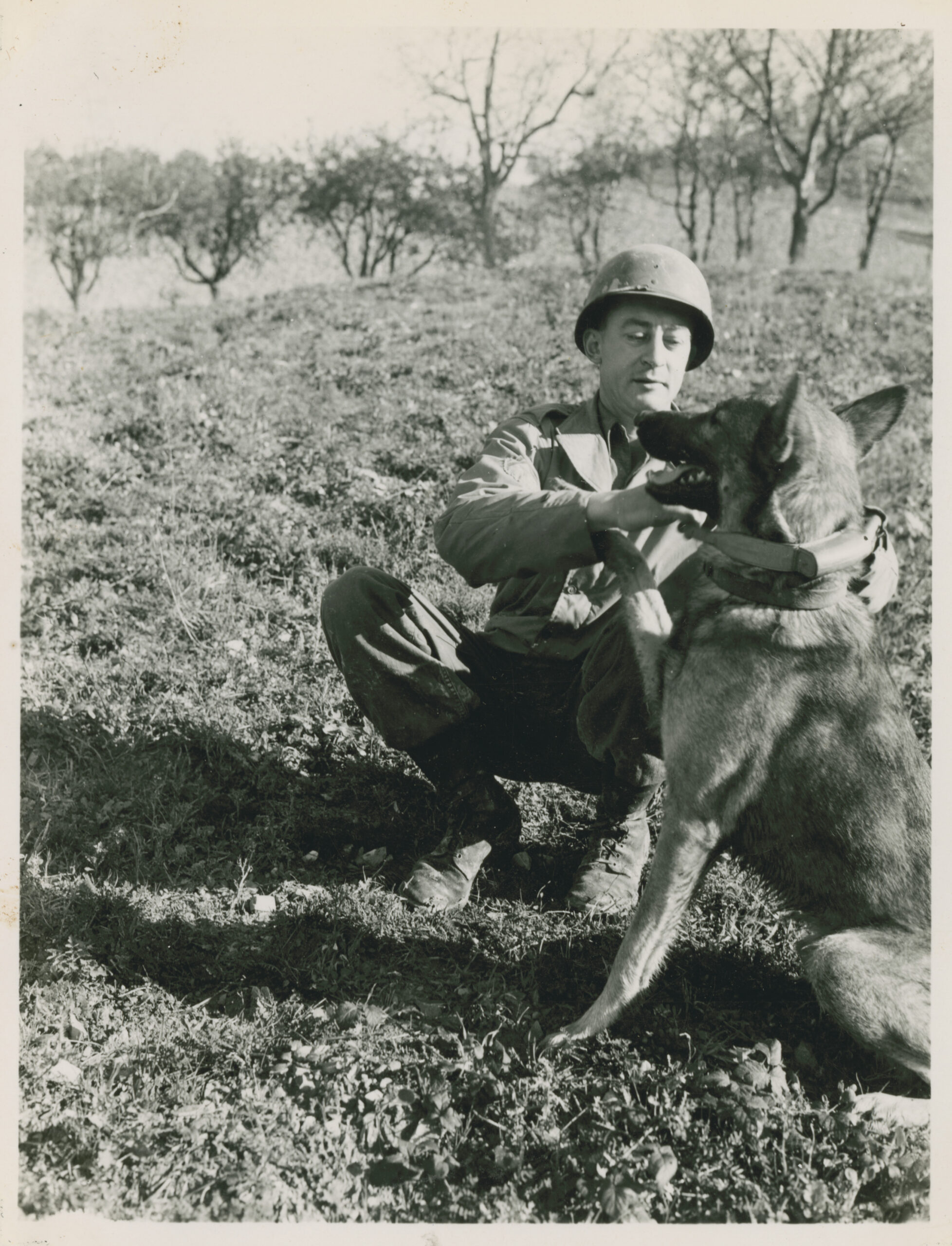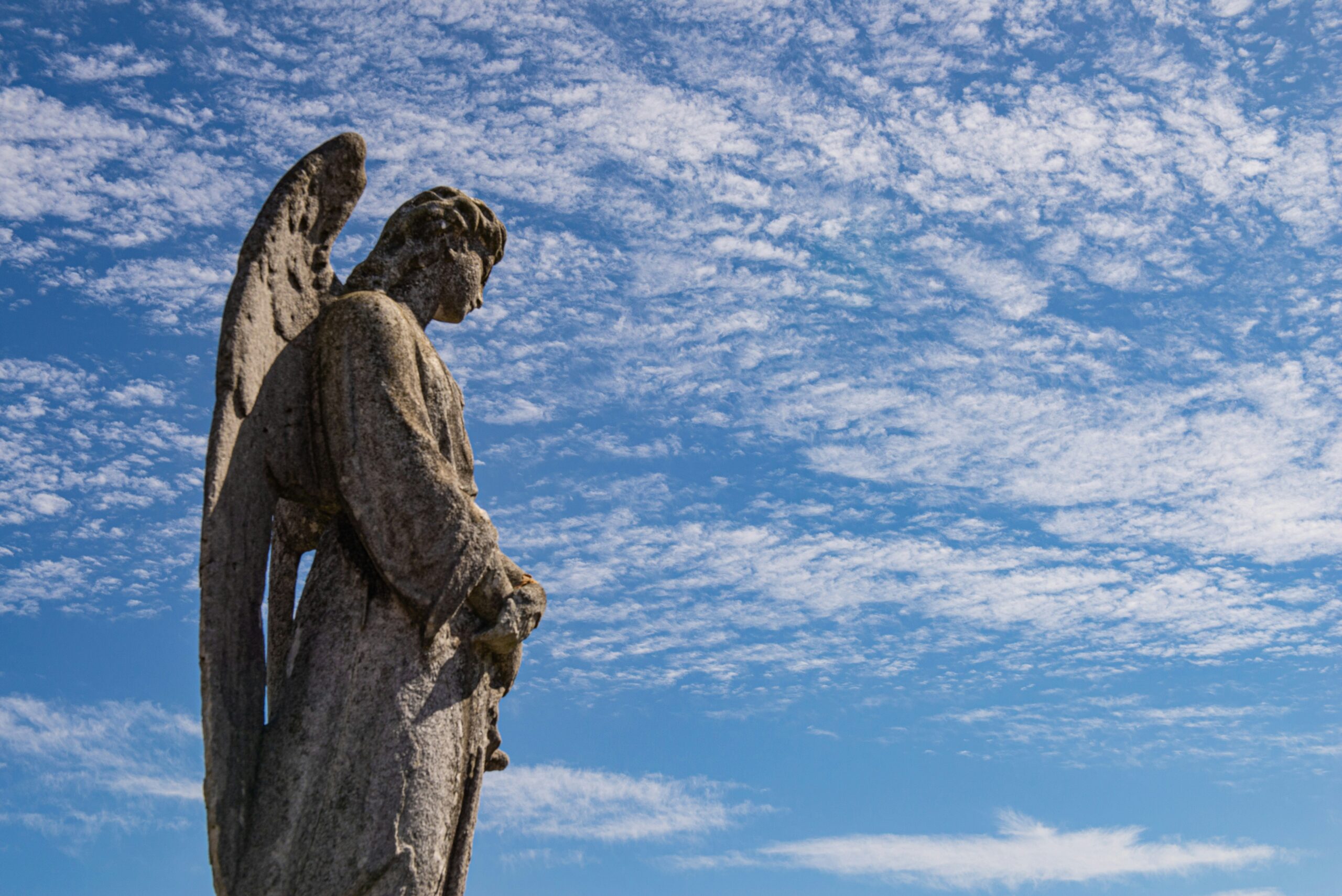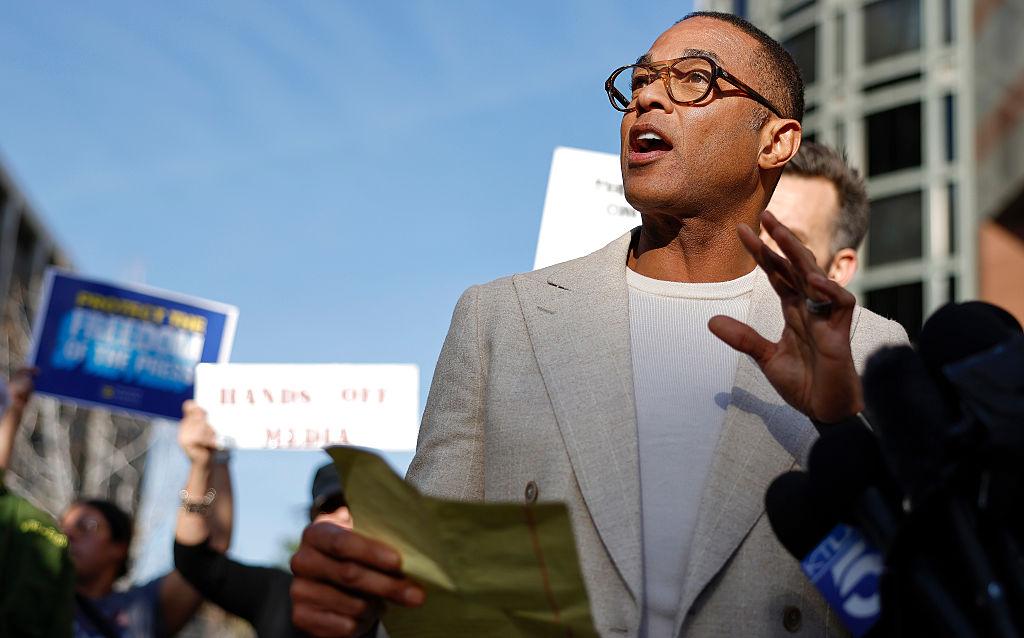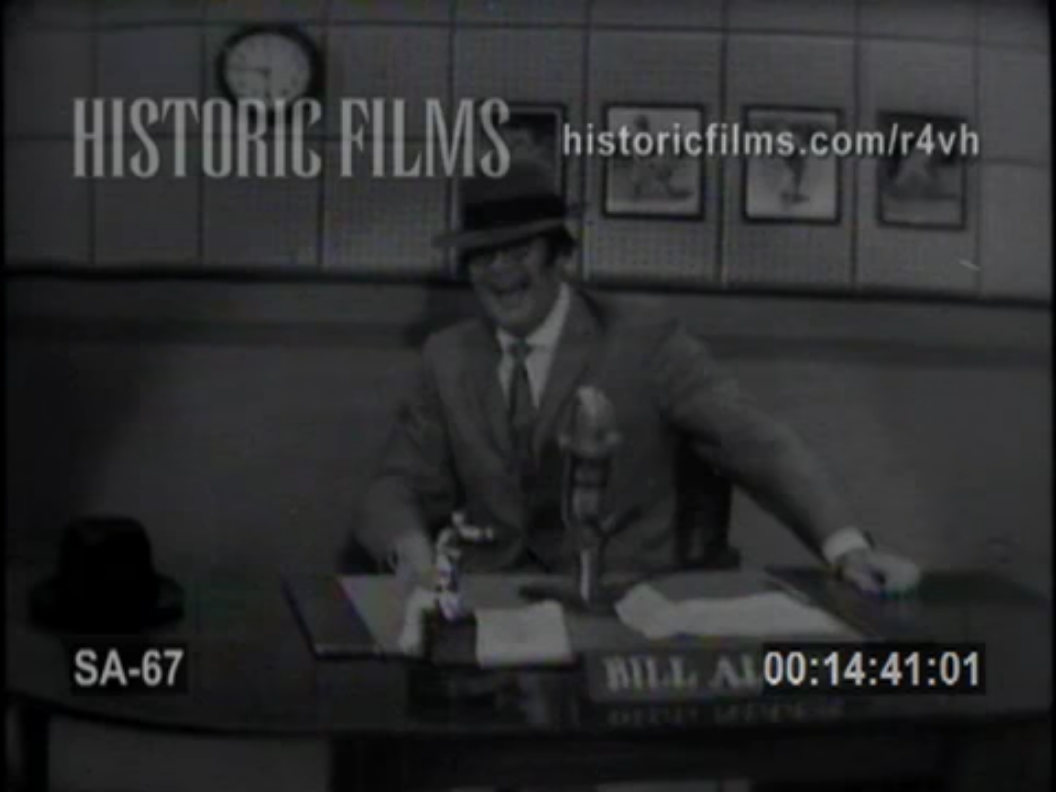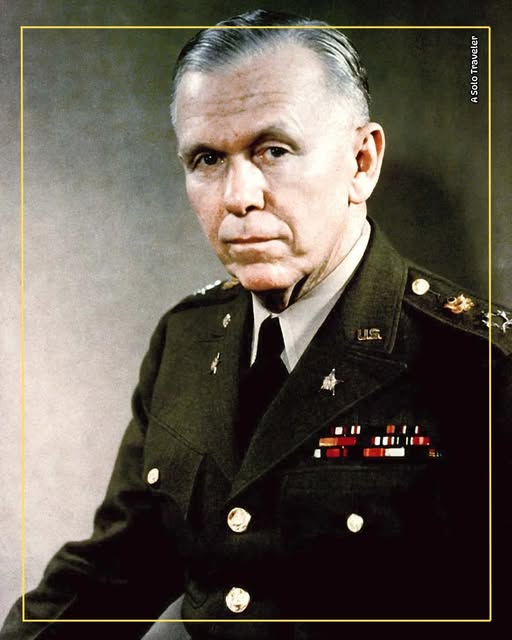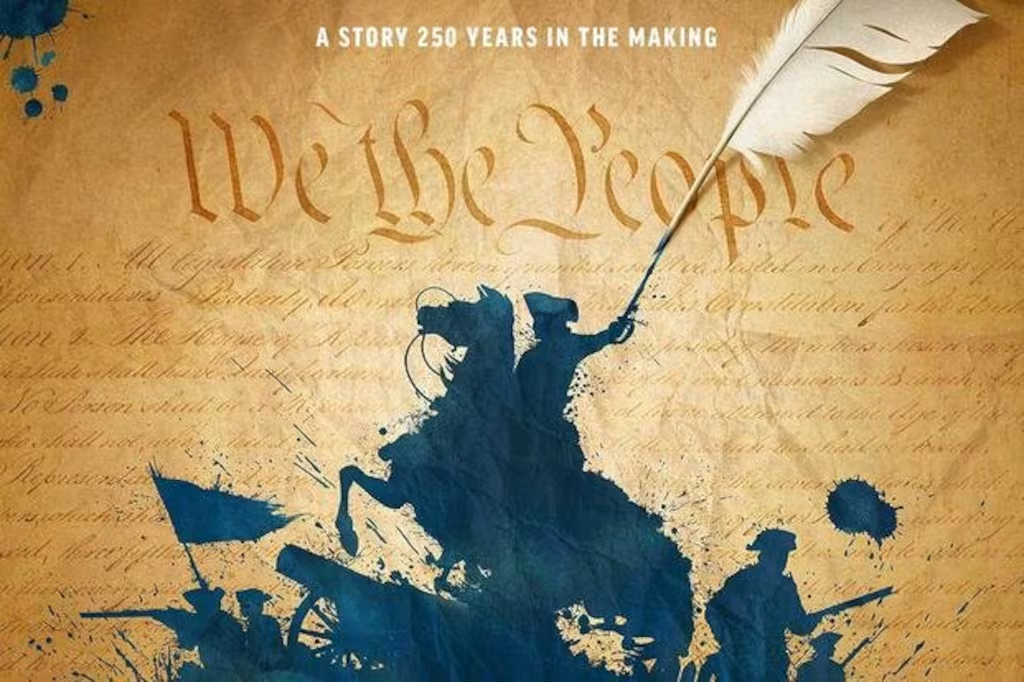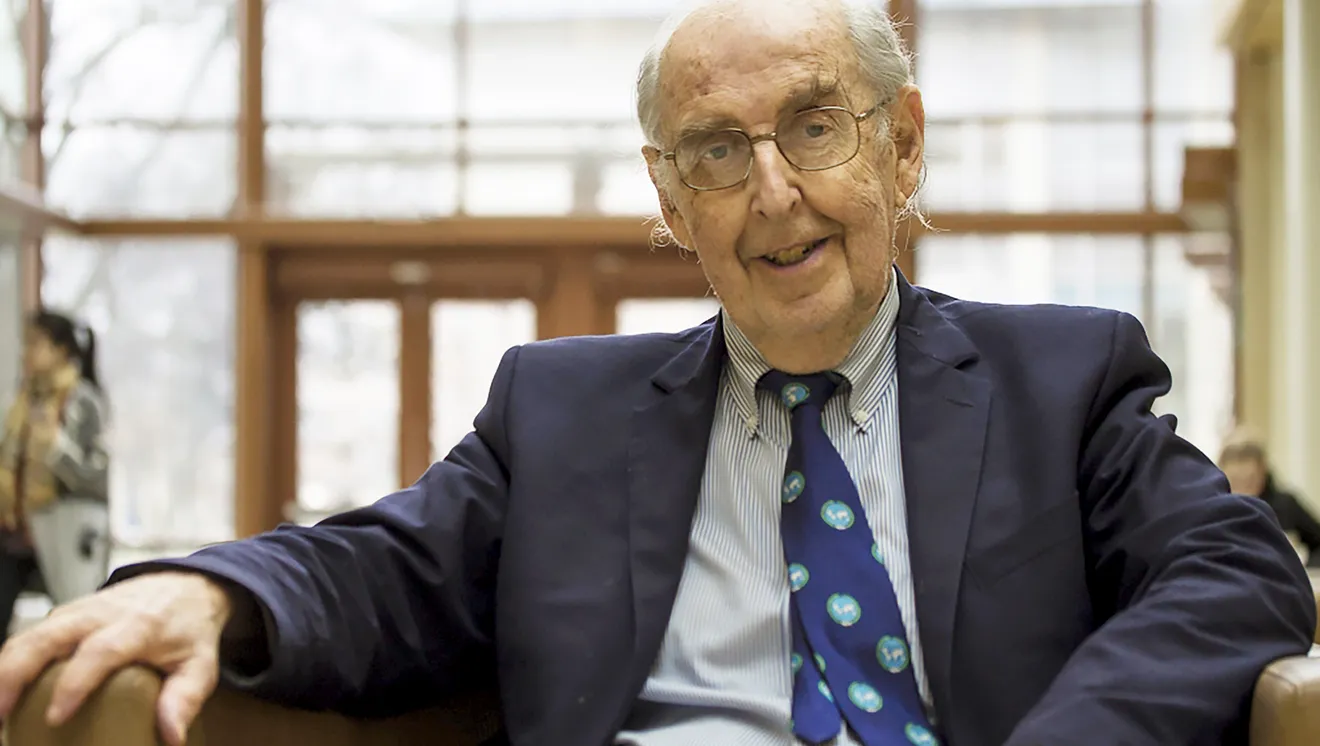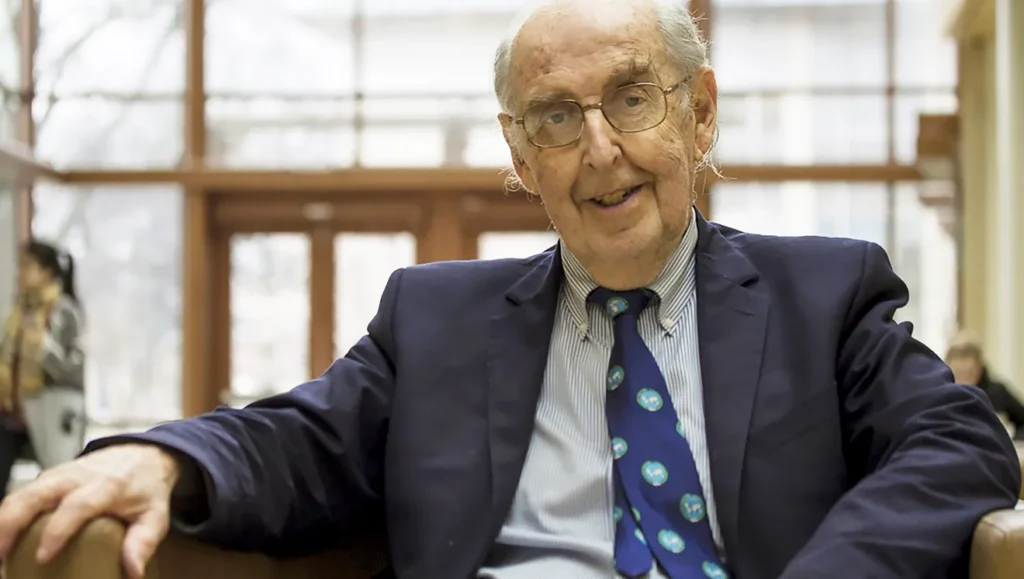
I had just learned of the passing of a good friend and colleague, Colman McCarthy when the memories began to return.
Before I ever met him, he had already lived a life that quietly defied the usual measures of success.
For nearly three decades, from 1969 to 1997, he wrote columns for The Washington Post, covering politics, religion, health, sports, education, poverty, and, always, peacemaking. Washingtonian magazine once called him “the liberal conscience of The Washington Post.”
In the early 1980s, while still writing his column, he began teaching peace studies in Washington-area schools, work that would grow into a decades-long commitment in classrooms across the region. At the same time, he directed the Center for Teaching Peace in Washington, D.C., an institution built not on theory alone, but on the conviction and civic responsibility that peace could—and should—be studied, examined, and practiced.
It was an apt description, but incomplete.
Conscience is not ideology. It’s a moral compass. And Colman’s compass consistently pointed toward human dignity, restraint, and responsibility. He believed journalism should do more than describe the world as it is; it should call us toward what it might become.
In 1982, while still writing for the paper, he was invited to teach a writing course at an impoverished public school in Washington. His response: “I’d rather teach peace.”
That wasn’t rhetoric. It was resolve.
He began teaching peace studies soon after and continued for decades in public and private schools, universities, and even juvenile facilities. When his column at The Washington Post concluded in the mid-1990s, some assumed he would move on to another prominent newsroom. A journalist of his discipline and reputation does not simply disappear.
But Colman was not retreating. He was advancing… toward the classroom. He chose to teach peace not as sentiment, but as a serious subject worthy of study alongside history, government, and economics.
When we met in 2008, I saw that same purpose up close. He generously invited me to join one of his classes to share a discussion on ethics with his students. The invitation was not incidental. It reflected who he was. He understood that ethics and peace are inseparable.
He encouraged my work in ethics with the same quiet conviction he brought to his own students. And I cheered him on as he reminded young people in Washington and beyond that peace is not passive. It’s disciplined, courageous, and right.
By the time I came to know him, I understood that I was in the presence of one of the finest, most insightful teachers of peace on the planet. He was more than a colleague; he was a friend: steady, unwavering in his belief that ethics and peace are not naïve. They are necessary. And Colman taught peace as if the future depended on it.
Because it does.
